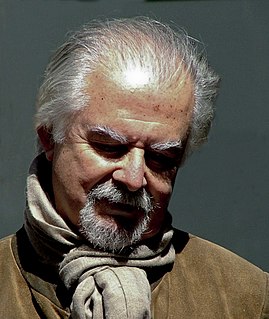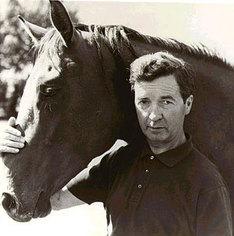A Quote by Sandra Cisneros
Catholicism believes in the Virgen de Guadalupe. The mother of God is worshipped, especially in Latin America. I find her very empowering. I find that the Virgen de Guadalupe allowed me to return to parts of my upbringing I had disregarded.
Related Quotes
My Virgen de Guadalupe is not the mother of God. She is God. She is a face for a god without a face, an indigena for a god without ethnicity, a female deity for a god who is genderless, but I also understand that for her to approach me, for me to finally open the door and accept her, she had to be a woman like me.
Now the ordinary Protestant, Jew or Secularist has a stereotype about Catholicism. It consists of Spanish Catholicism, Latin-American Catholicism and, let us say, a Catholicism of O'Connor's "Great Hurrah." Now there are types of Catholicism like that but this doesn't - this doesn't do justice to the genuine relation that Catholicism has had to Democratic Society.
The idea of the book ["The Japanese Lover"] came in a conversation that I had with a friend walking in the streets of New York. We were talking about our mothers, and I was telling her how old my mother was, and she was telling me about her mother. Her mother was Jewish, and she said that she was in a retirement home and that she had had a friend for 40 years that was a Japanese gardener. This person had been very important in my friend's upbringing.
[Gandhi] said, "I want to find God, and because I want to find God, I have to find God along with other people. I don't believe I can find God alone. If I did, I would be running to the Himalayas to find God in some cave there. But since I believe that nobody can find God alone, I have to work with people. I have to take them with me. Alone I can't come to Him."
My mother gave me very good advice years ago. I grew up in the Great Depression and she always told me to get a good little basic black dress - well-cut, well-made, good fabric - and it could take me through everything. I could go to the office in the morning and stay out all day in the same dress. Just by changing accessories, because they are so transformative, you can make six different outfits. I find that very useful. My mother worshipped at the altar of accessories and I'm an accessory freak, as everybody knows. That, I got from my mother.































